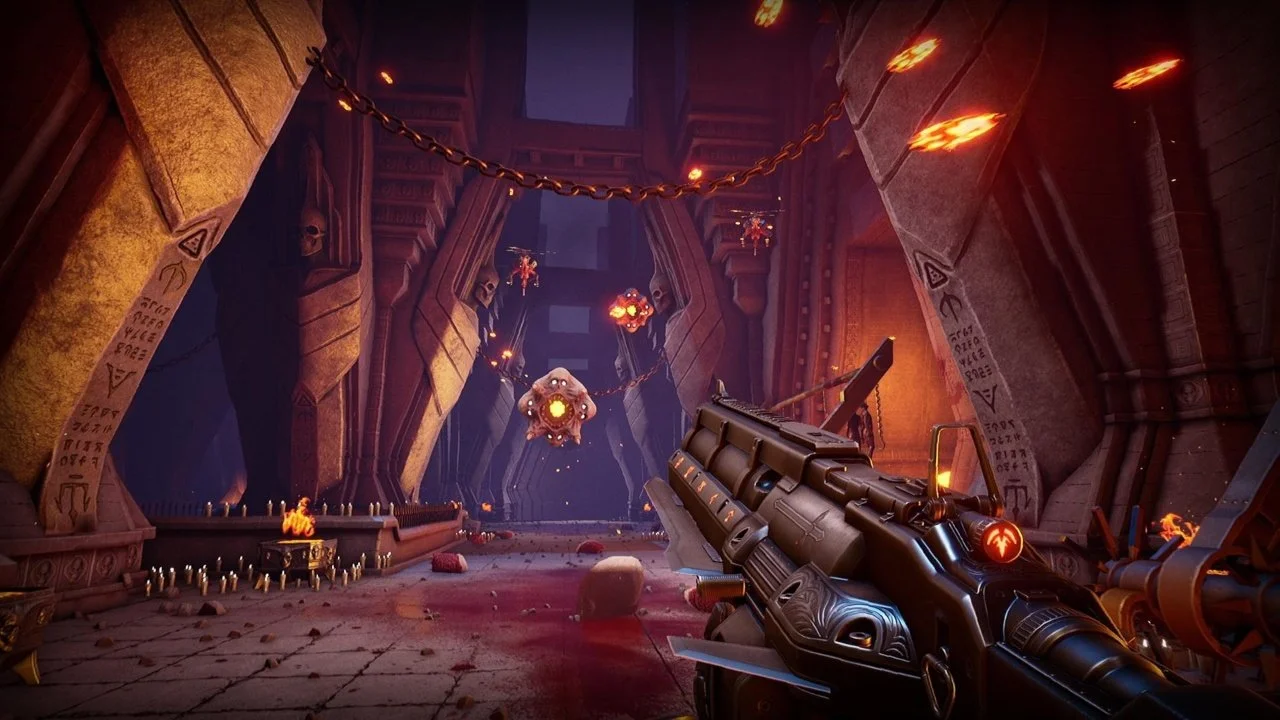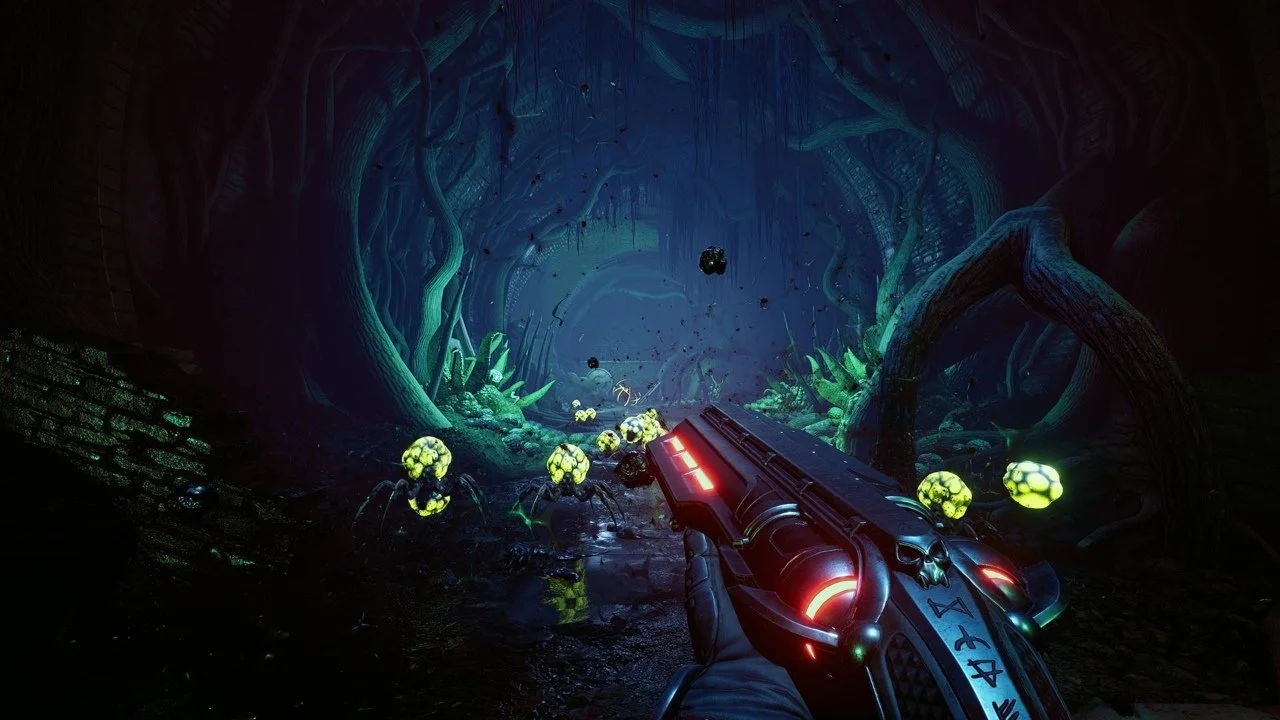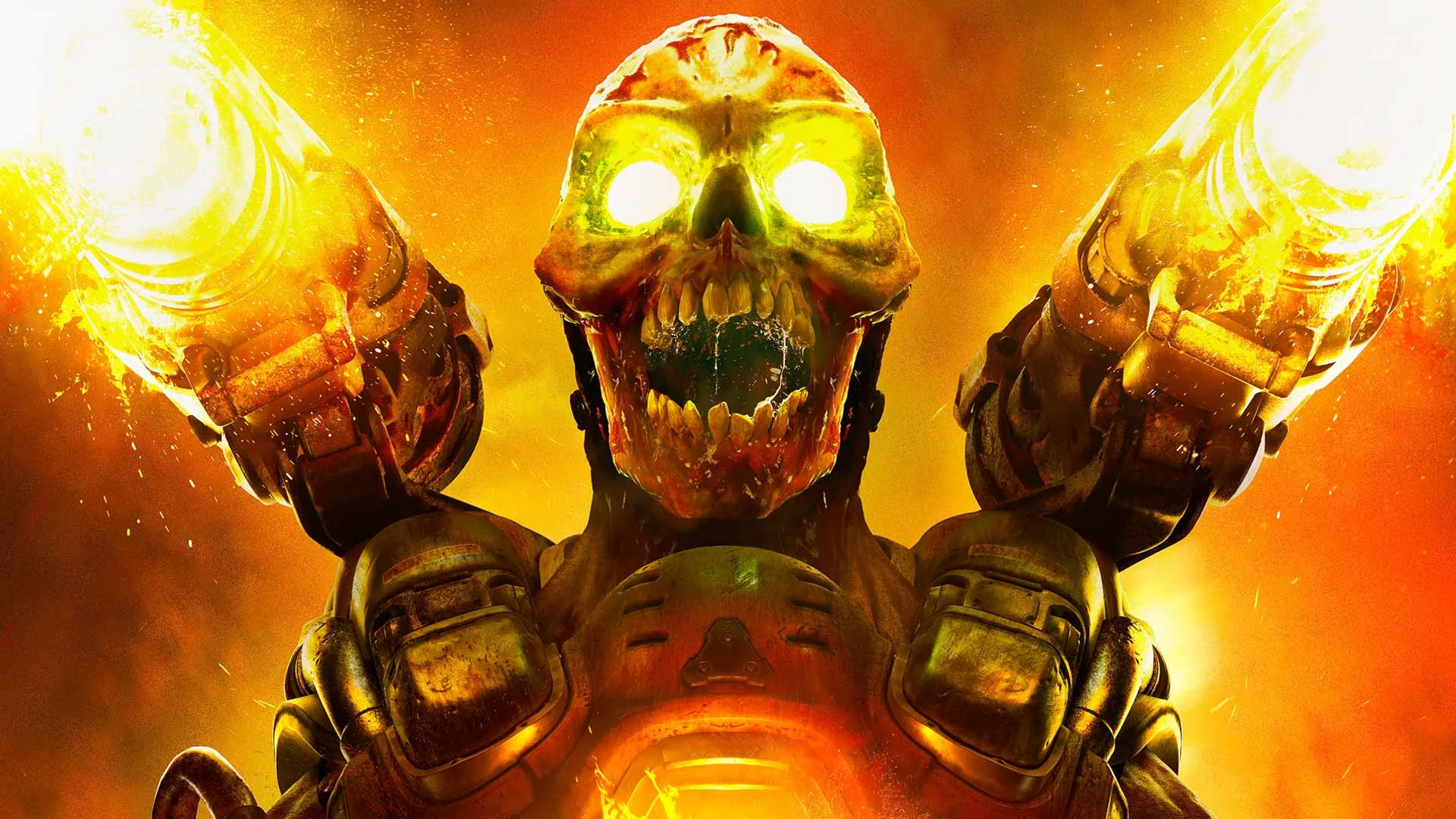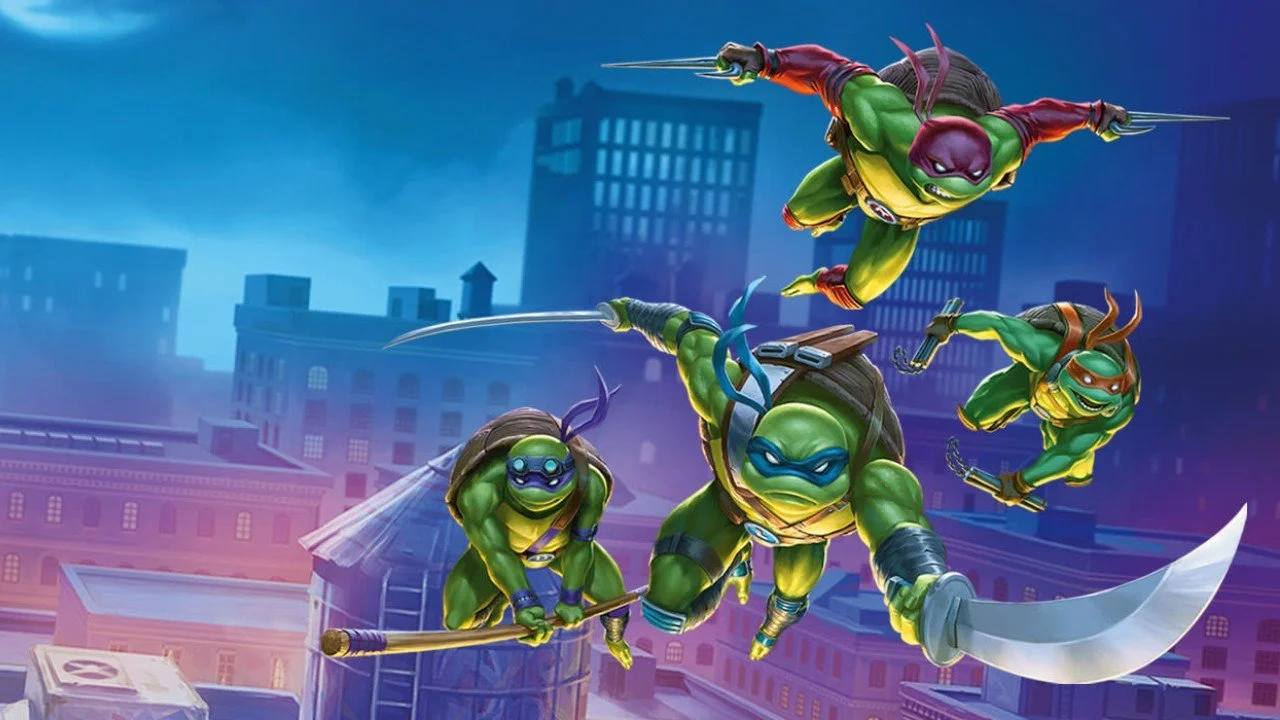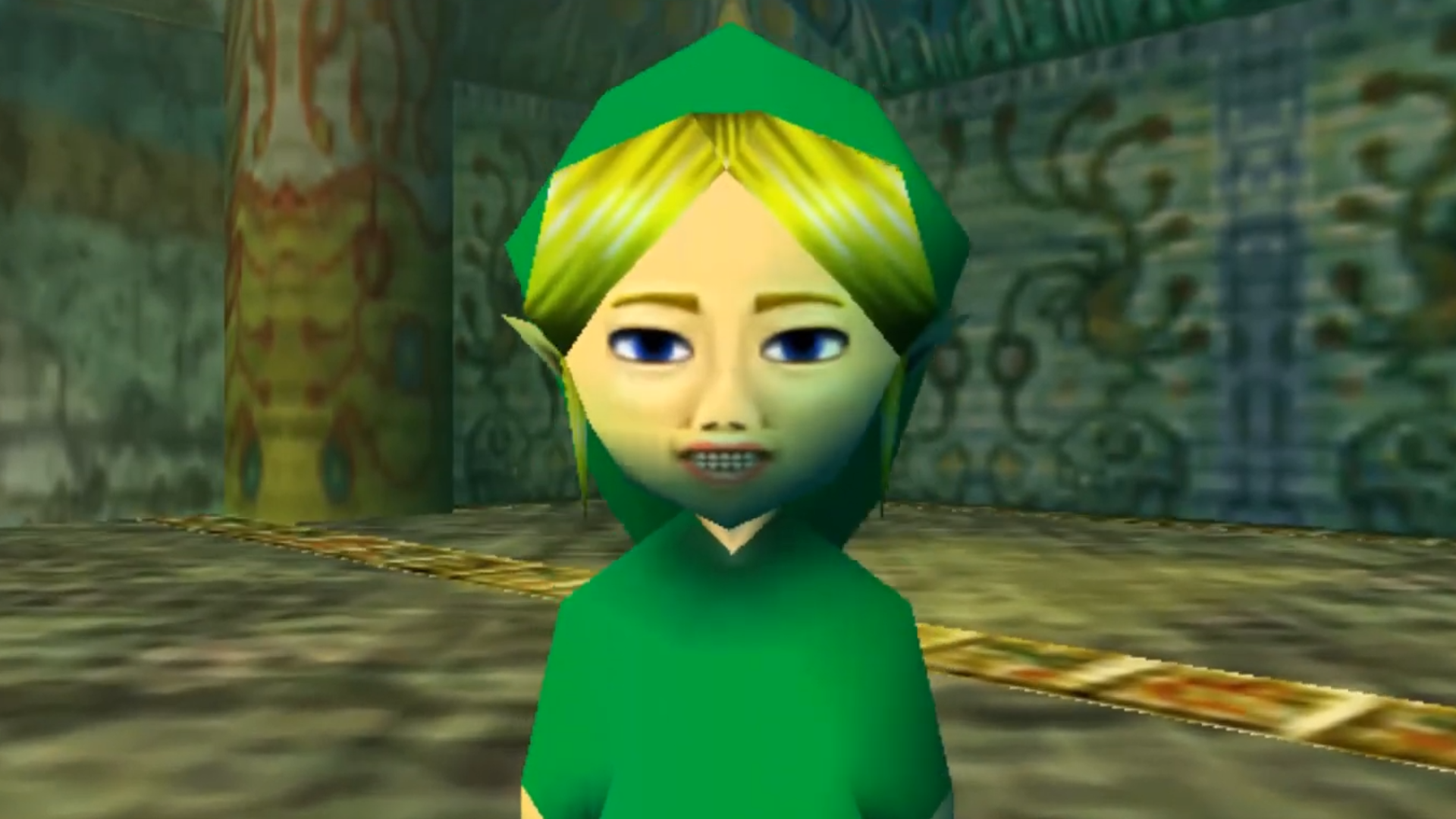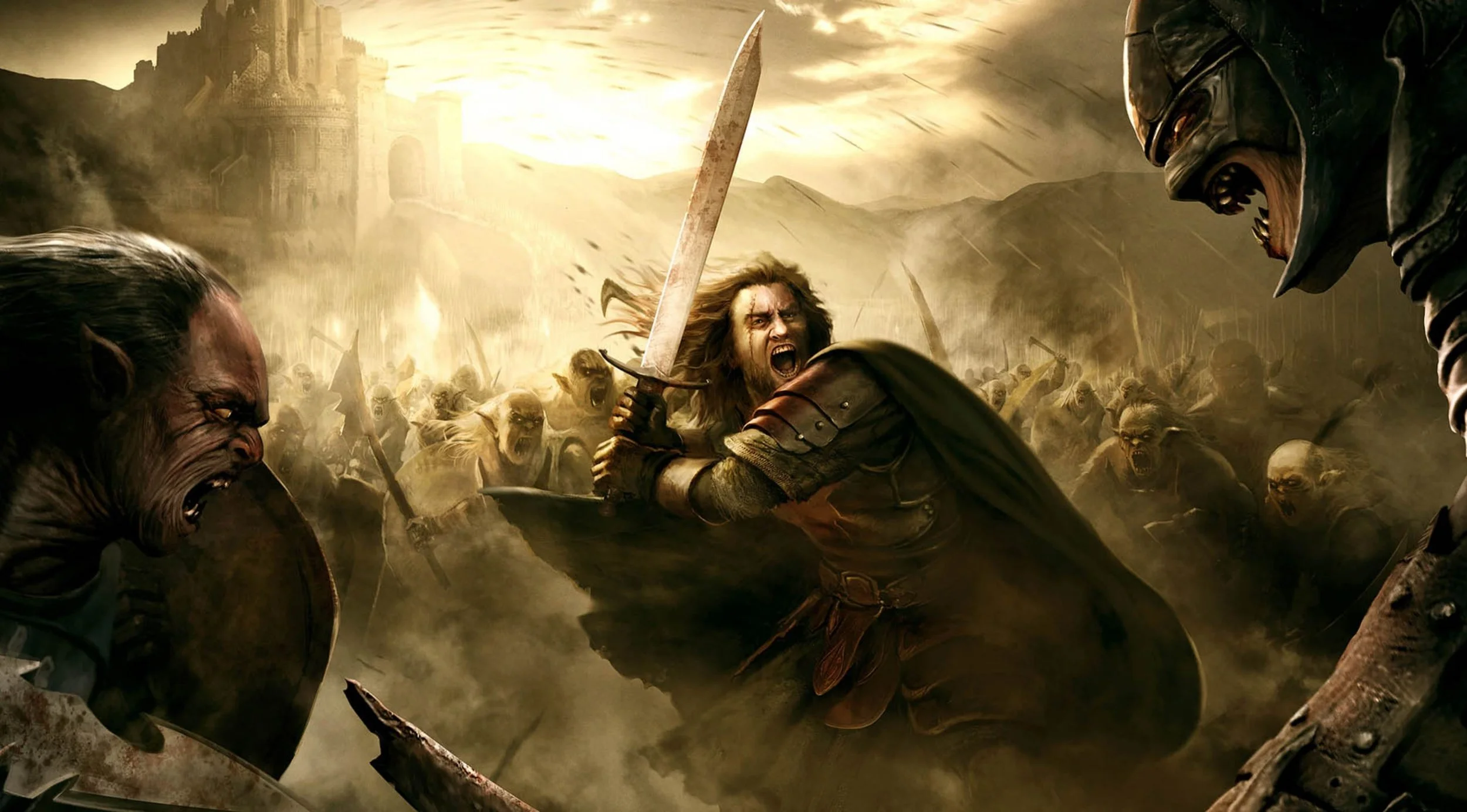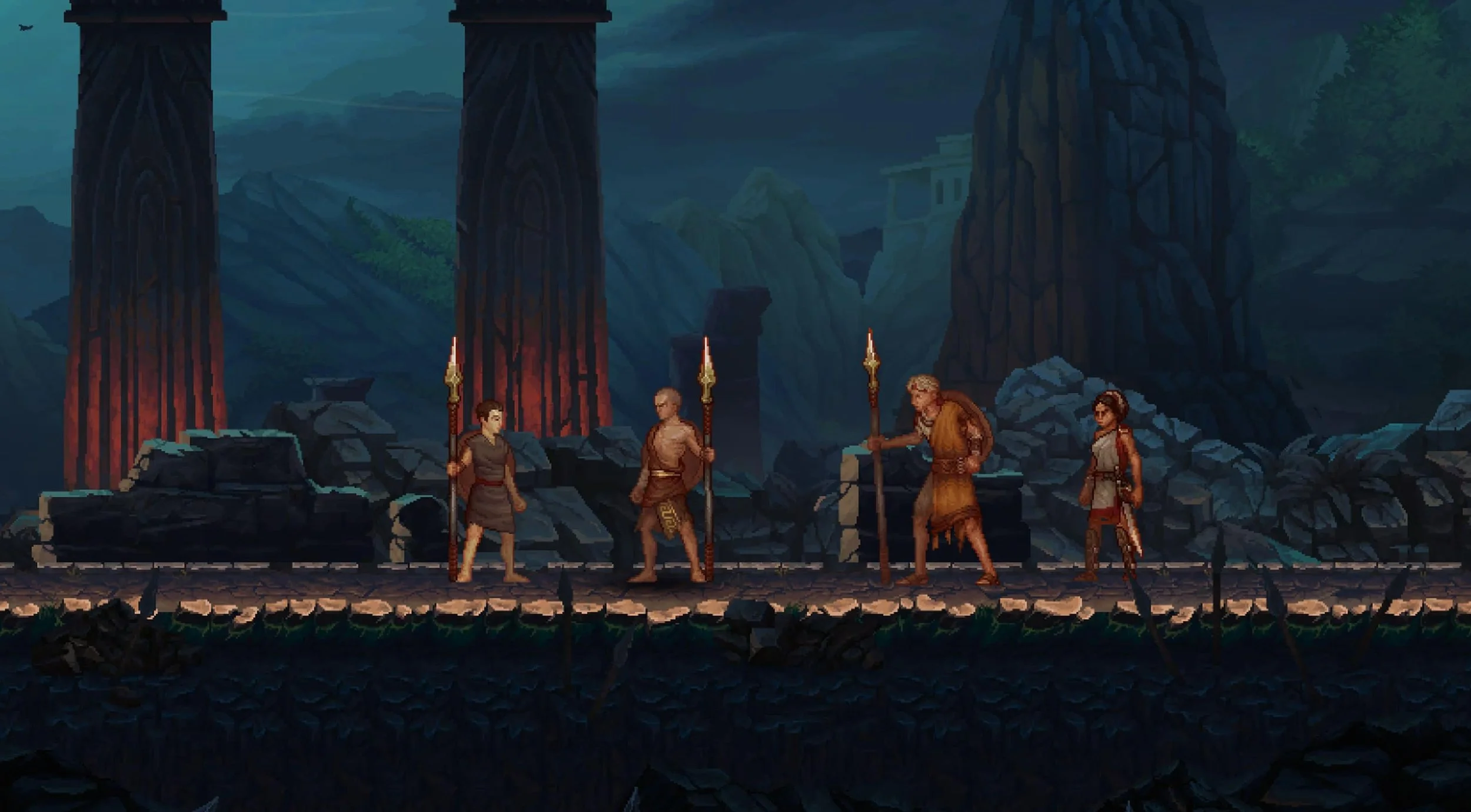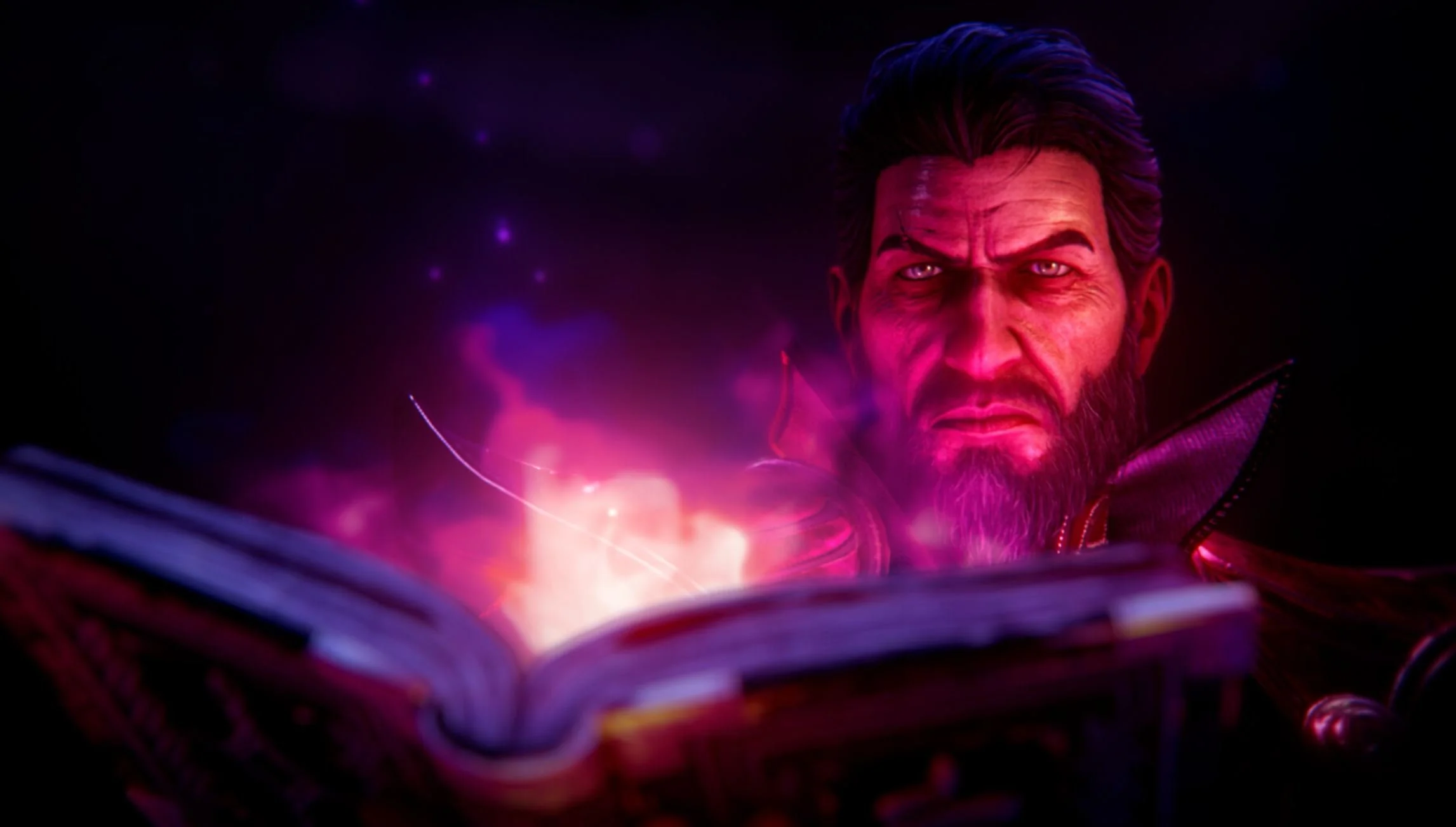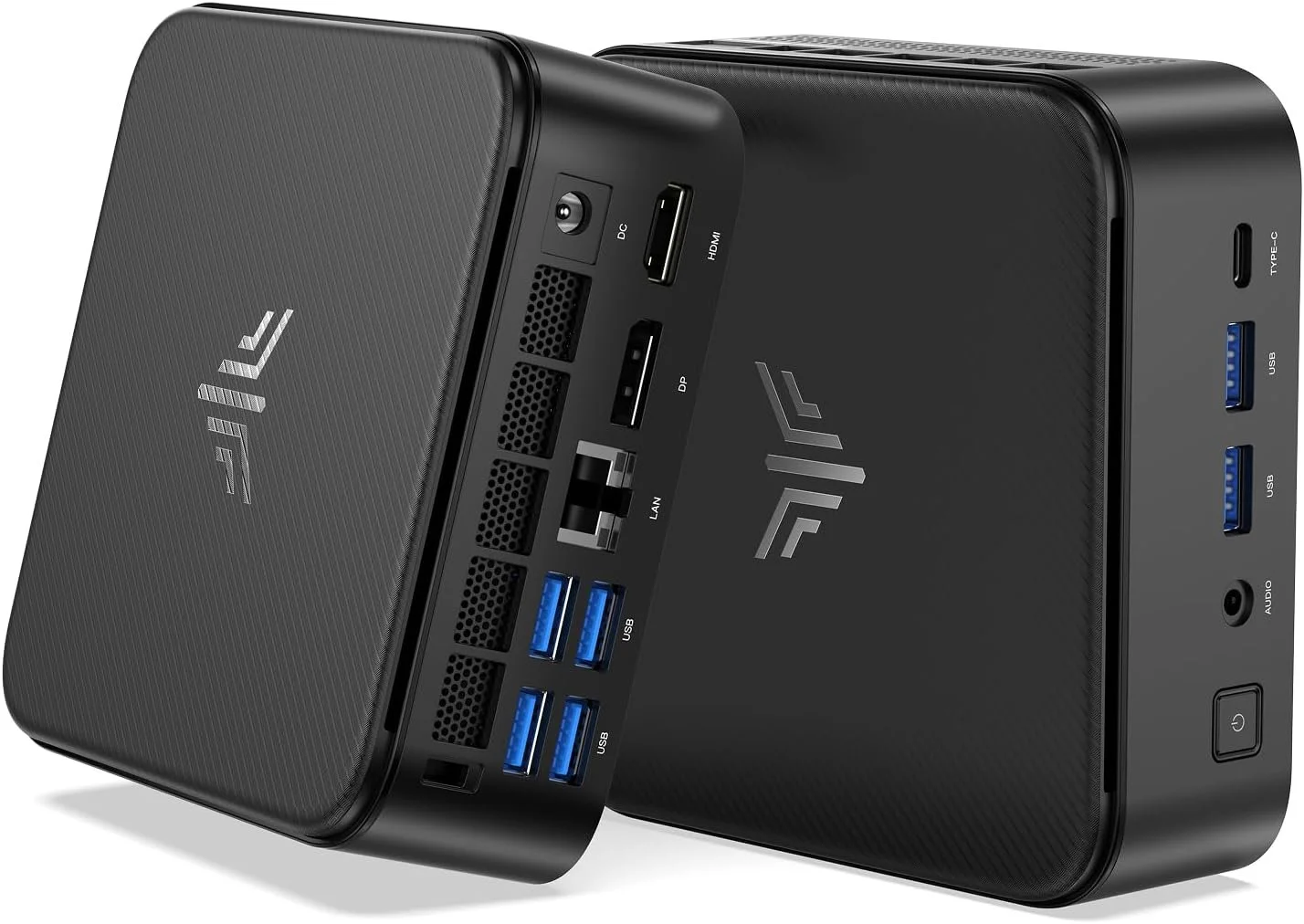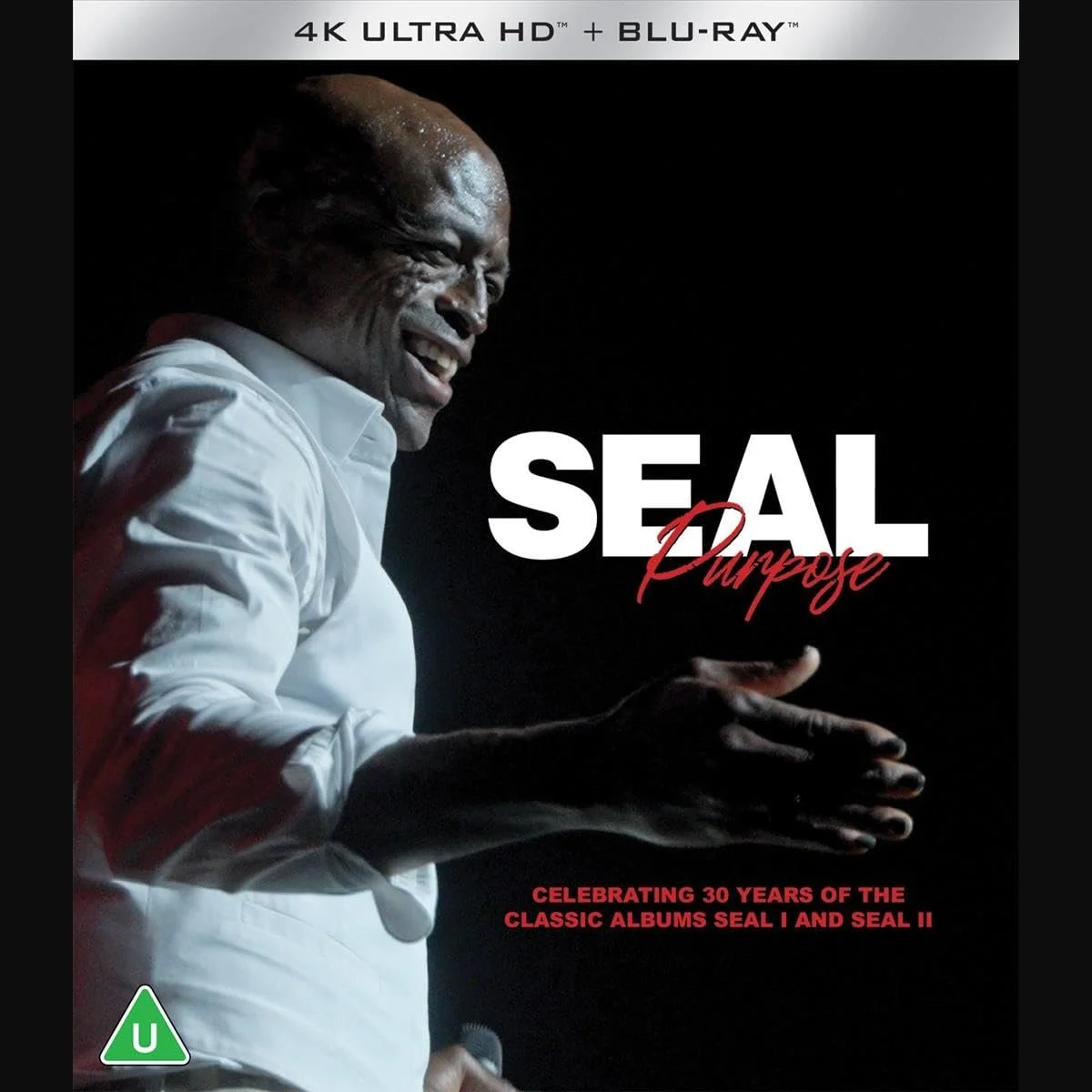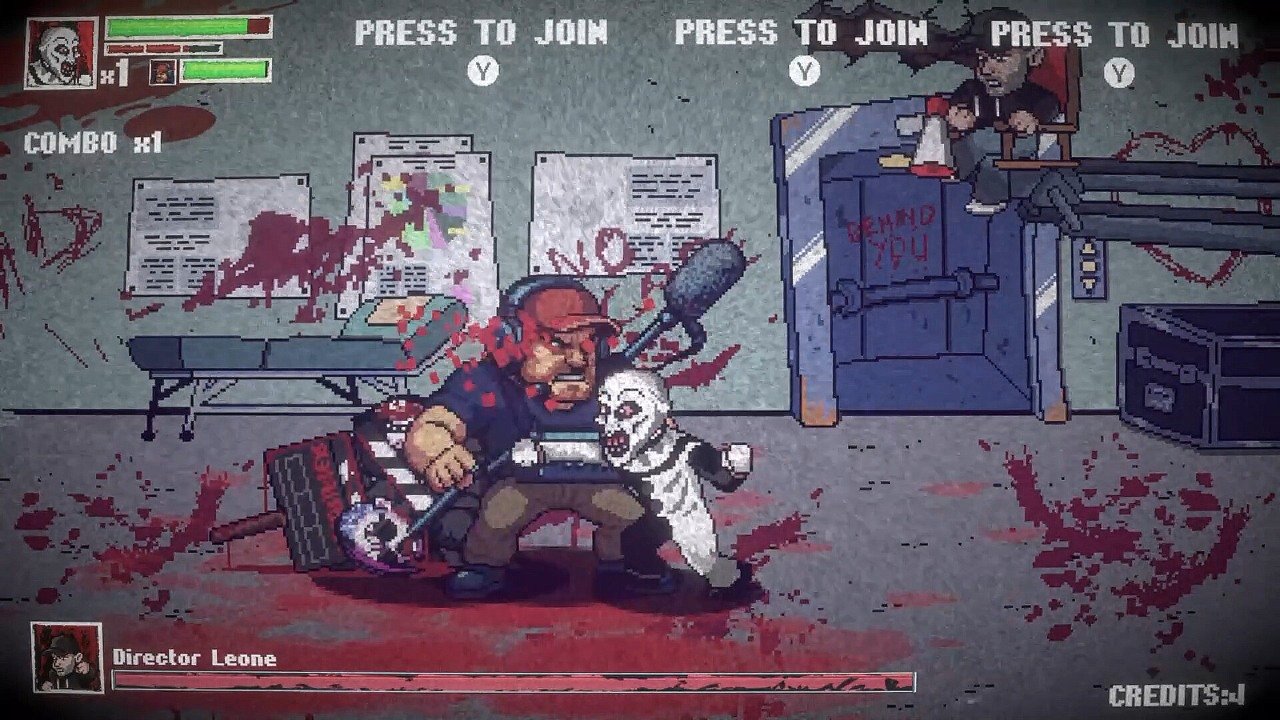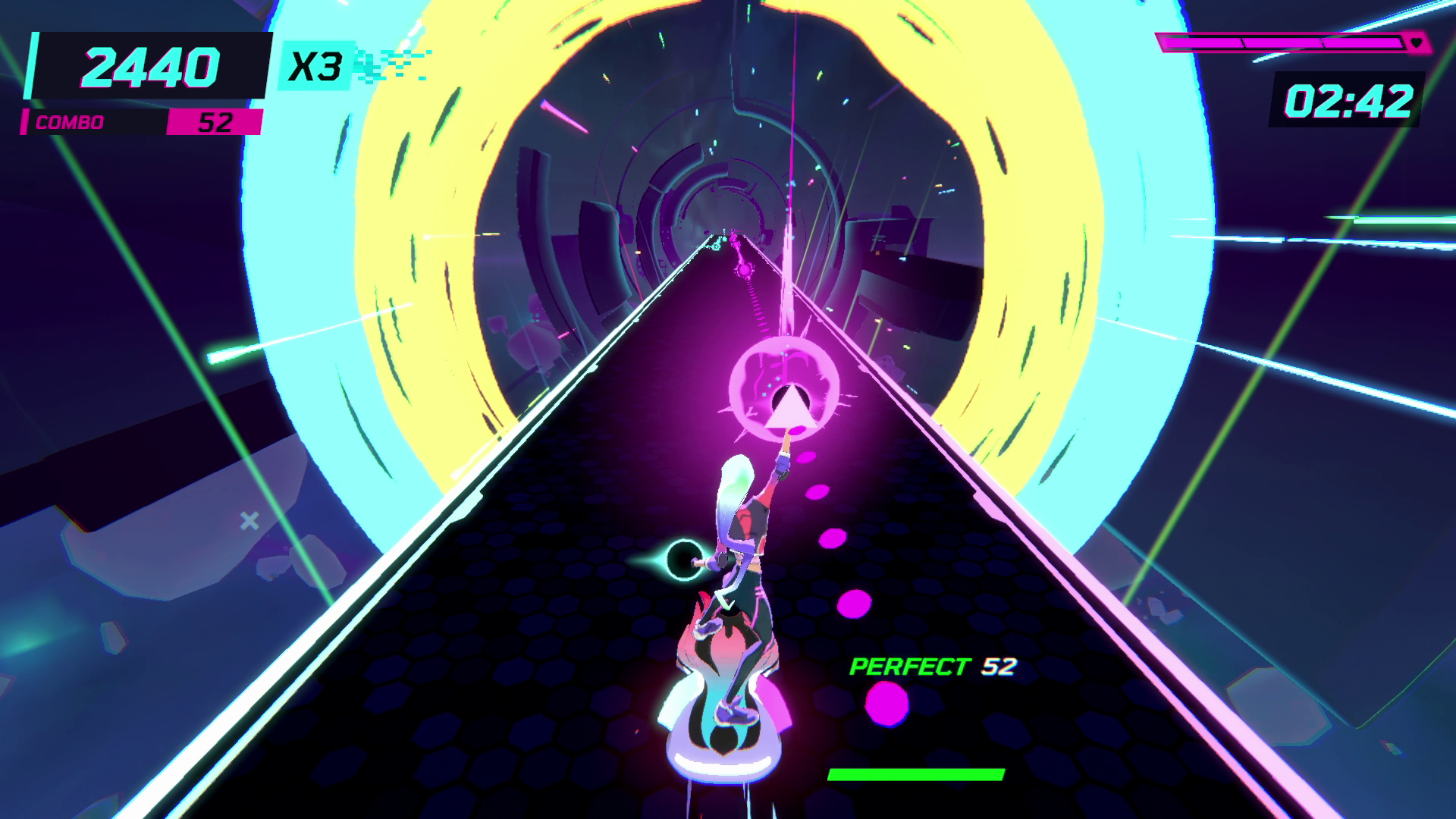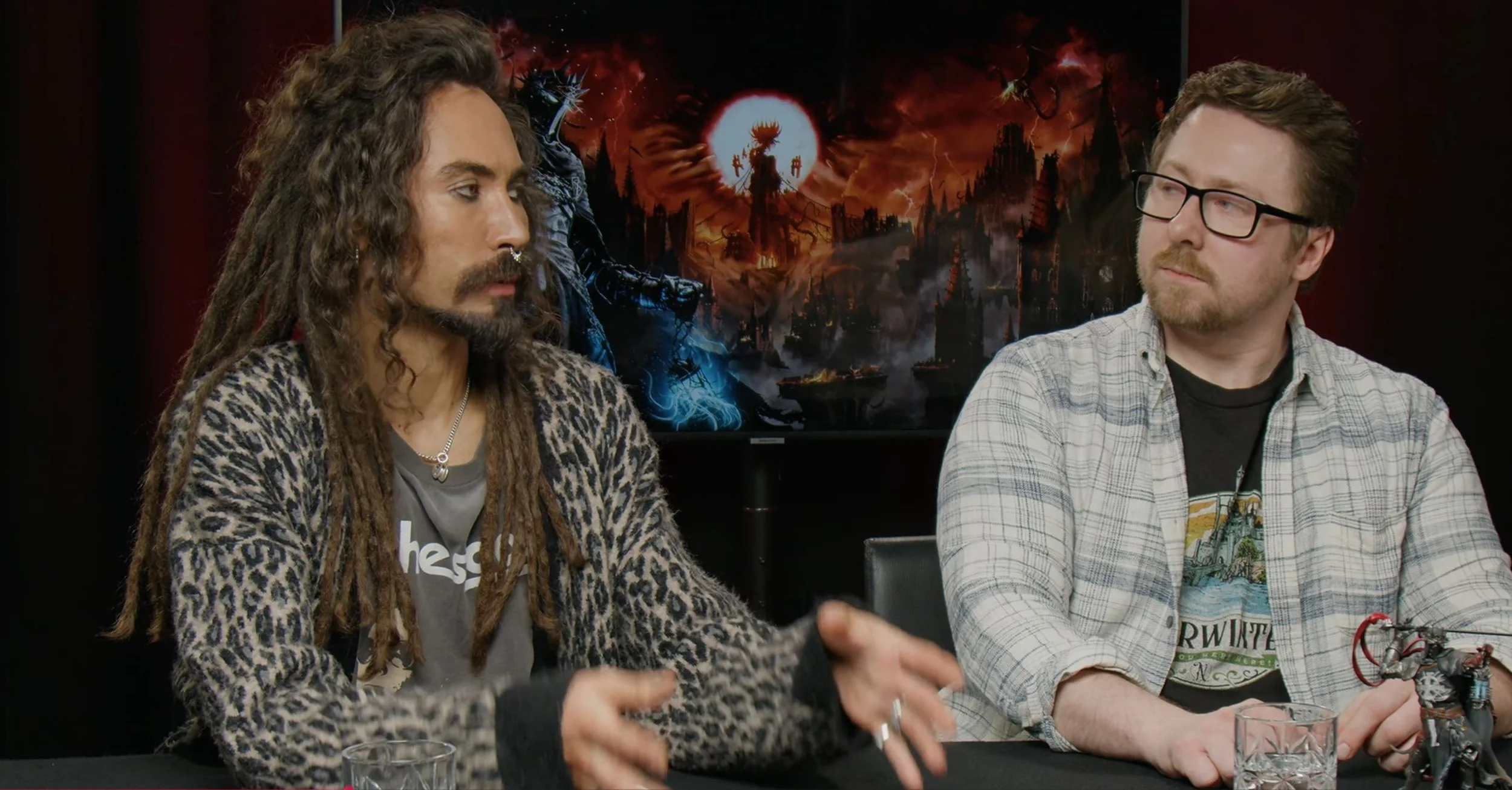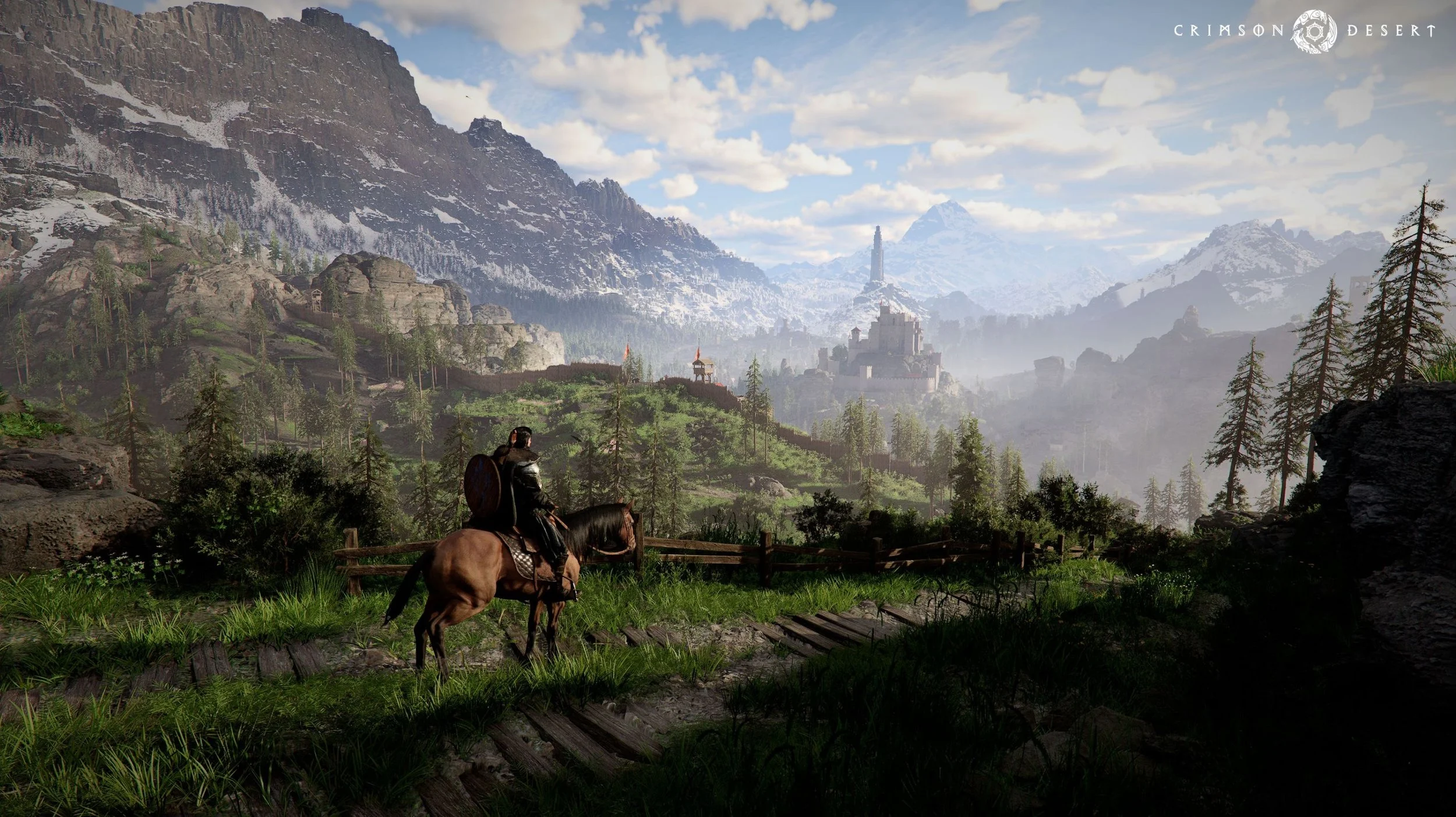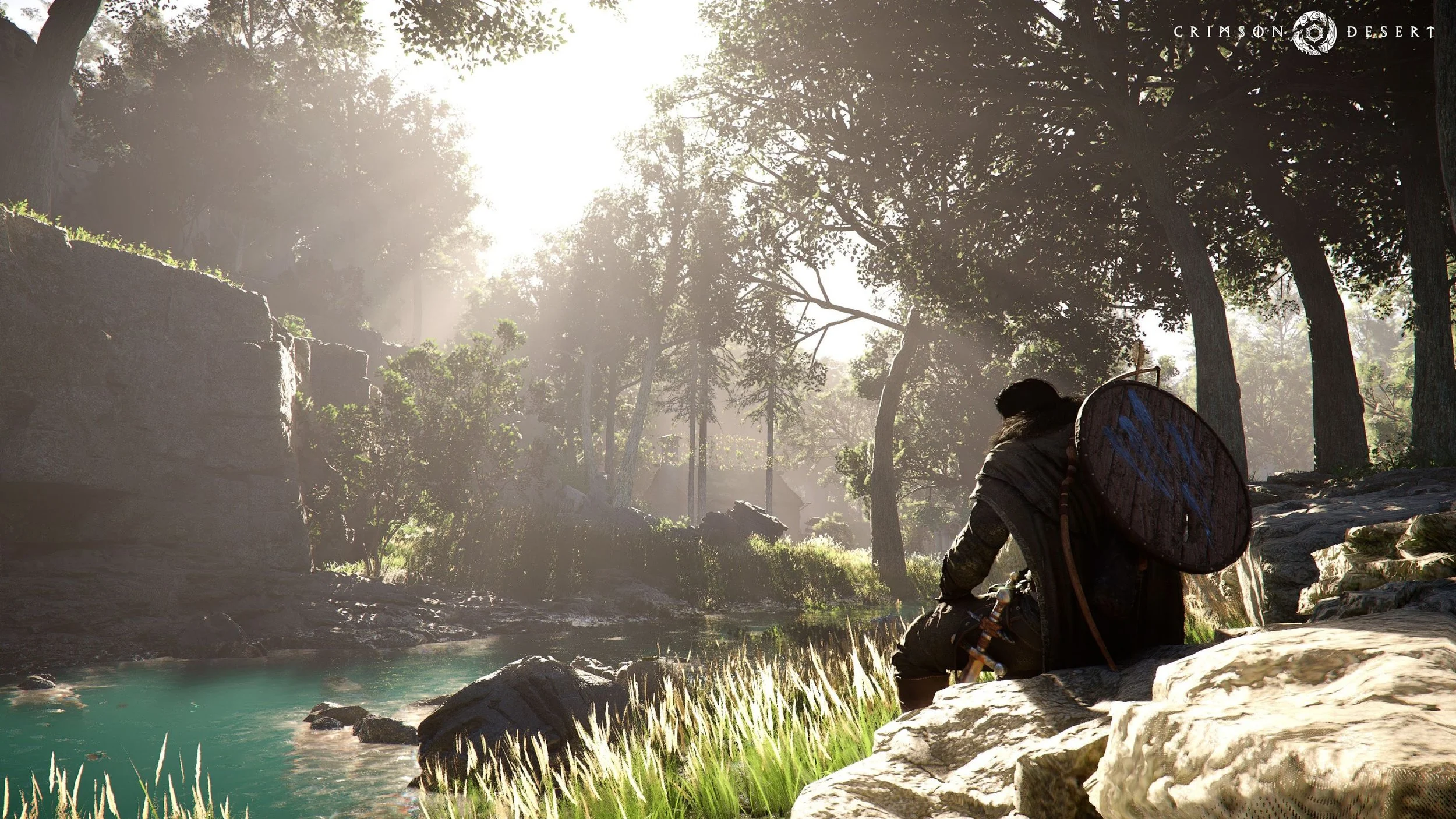From a 3-man team of former AAA developers comes Scathe, a run-and-gun FPS set in an industrialized hellscape. Sound familiar? Yes, it is very much in the mold of 2016’s Doom, though the added bullet hell stylings and 4-player online coop mode are being touted as the game’s USPs. But are they enough to set it apart from its forbear?
Story
You play as Scathe, an errand boy for the Divine Creator, who has tasked you with penetrating the maze of his deviant brother, the equally unimaginatively named Sacrilegious, to take him down. And so you advance through the various zones of the labyrinth, taking a path of your choosing and clearing out the hordes of demons within, as well as collecting the all-important Hellstones.
It's straightforward fare, and about as shallow as you would expect from a game that’s all about the bullet-spraying mayhem; the narrative was never going to be the main draw.
Gameplay
True to its appearance, Scathe plays exactly like Doom. The movement has the typical arena shooter feel, like your sliding on an icerink. It does actually feel faster than Doom, which is welcoming since I always found that game to be too slow for the kind of experience it was supposed to be aiming for.
The run-and-gun style is also very familiar but with the added bullet hell style dodging of projectiles. However, this really doesn’t add much to the usual avoiding of attacks that you would encounter in any other fast-paced shooter; it’s just easier to see the projectiles flying your way.
As for weapons, you start out with your standard infinite ammo rifle for basic dispatching, and eventually, you can move on to more exciting options such as the evergreen shotgun for some nice meaty kills. As you progress there are some creatively gore-inducing armaments such as the Bow Blade that fire circular saws. In reality, however, it is less spectacular than you might imagine, as enemies simply explode with a lackluster animation. It’s not all that different from kills with normal weapons; it just happens quicker. Overall, though, the weapons do have a satisfying enough punch and kick to them.
There is also a dash attack for close-quarter melee kills, again inspired by the finishing moves from Doom. However, the dash attack is far less impressive, with no variety of context-sensitive animations as you got with Doom. It also can be quite janky, and you can quite easily misalign yourself when gearing up towards an enemy, and simply slide straight past them. It all feels a bit undercooked.
Along with collecting new weapons, you can also collect dark relics that endow you with certain powers. There are some nice ones in there, such as freezing enemies to the spot, and a healing power to harvest health shards from your deceased foes. Enemies spill these shards right from the start, so you presume that they immediately give you health a la Doom, so when they don’t it leaves you a little confused as to what they actually do, and the game doesn’t explain them to you until you have the healing power.
There are power-ups that you can collect too, which are again straight out of the Doom playbook: the demon mode, for instance, gives you super speed and damage, and turns all your enemies red and the background blue, which can actually make it harder to see and navigate your way around.
Audio and Visuals
The whole aesthetic of Scathe is lifted wholesale from Doom. Graphically everything looks good, although I did experience a few frame drops here and there, but nothing to derail the experience. The problem is that it’s all so unoriginal, from the environments and character designs, all the way down to the satanic sigils and iconography.
Right off the bat, Scathe fails to make a good first impression with its introductory cutscene. It uses the in-game engine and looks as if it is running at about 25 frames per second, making the whole thing look like an amateur machinima from 15 years ago. Then the voice of the Divine Creator kicks in, and it has the down-pitched treatment you would expect, making him completely devoid of any original character.
Both the Divine Creator and Sacrilegious talk to you in-game at various points, but for the longest time I thought it was only the former who was talking, as their voices are near identical. Only by looking at the subtitles can you tell who is talking when.
The sound effects are all present and correct: the high-fidelity sounds for the weapons are satisfying, as are the squelchy headshots and explosions of your foes. They all do their job of making it all feel quite impactful, which is essential in any FPS.
The music follows in the lead of Doom also, with the distorted bass-heavy industrial metal fitting right in with the looks. However, it will suddenly stop after a while of playing, as for some reason it fails to loop back around, which can completely sap the tension, especially when you’re in the middle of a chaotic gunfight.
Replayability
There are various paths you can take to complete the labyrinth, but I can’t say it’s worth replaying from the start to experience them all. The main reason to replay is to get higher scores for each zone. However, they aren’t rewarding enough to motivate you to get a higher score; all you get is some kind of sigil rating out of 6, and a meager list of statistics such as kills and time taken.
It definitely seems more like a pick-up-and-play game, the sort where you spend a couple of hours at a time with some buddies for a quick blast, rather than a campaign-heavy experience or an ultra-competitive shooter that you can get hooked on.
What It Could Have Done Better
Scathe is competent enough in its execution for the most part, but there are aspects that aren’t so refined. The AI can be quite brainless, and on a couple of occasions an enemy ran straight passed me; one time they doubled back to get me, and another just kept on going through the zone and I never saw them again.
The enemy designs are at best anonymous, and at worst quite annoying. A prime example is a creature that is essentially a bowling ball, with an interminable shrill shriek and who explodes on impact. They often come in hordes and can overwhelm you very quickly, which can feel quite cheesy.
There are a few hiccups in the presentation that show it is an indie game by a spartan team. There are two ways to enter the coop mode from the main menu: one lets you continue from a current save, and the other doesn’t. I didn’t know this, so absently-mindedly ignored the overwrite warning from the second way, thinking it would let me continue from my save as before, so I lost my progress. This was such a small presentation issue that ultimately had a big cost, and not something you would expect from a more polished title.
The pacing also seems to be quite off. For the longest time, you will likely only encounter about three different enemy types, which gets quite repetitive. The zones which you fight in are also quite uninspired, lacking the depth of level design that made Doom’s levels exciting and added some element of tactical thinking to the shootouts.
Verdict
Although it offers a fairly solid playing experience, Scathe fails to deliver enough thrills or original ideas to sustain itself. It can never help but feel like a cheap Doom knock-off throughout but without the polish, pacing, and depth. Even the bullet hell mechanics and coop mode can’t salvage Scathe from its fate. At the end of the day, if you want to play a game like Doom, then play Doom; there’s nothing Scathe can offer over and above it.
Scathe is developed by Damage State and published by Kwalee. It is scheduled to release for PC via Steam and Epic Games Store on 31st August, with console ports following early next year.
